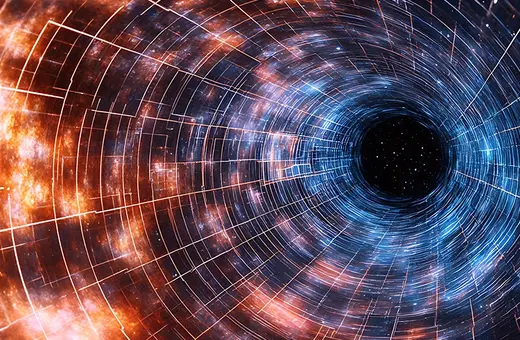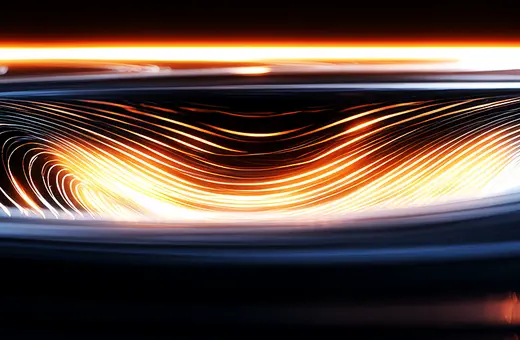Einstein's theory of general relativity has been tested to remarkable precision. Yet from the theoretical problems posted by singularities to the unexplained nature of dark energy, some serious physicists are troubled by the theory's shortcomings. Will the theory continue to stand the test of time? In this article, Clifford M. Will and Nicolás Yunes survey the new and future tests of Einstein's greatest achievement.
In the 1990s, the TV series “The X-Files” told the story of an FBI detective, who was obsessed with finding the truth about a government conspiracy to hide the existence of aliens. Agent Mulder truly believed that aliens existed and that if he looked hard enough he would find the evidence he needed. Unlike Mulder, most people do not think that aliens are visiting Earth on a weekly basis, communicating through our microwave ovens or abducting everybody they spot, even if they accept that intelligent life probably does exist elsewhere in our galaxy. But the wide popularity of the show suggests that we all have a side that enjoys seeing conventional wisdom upended.
Today, in the world of gravity physics, there is a host of scientific Mulders, hoping to overturn Einstein’s general theory of relativity. But these are not wild-eyed obsessives, seeking to blow up the conventional status quo. Rather, they are serious physicists, troubled by what they perceive as potentially serious shortcomings of Einstein’s great theory of gravity.
There is a host of scientific Mulders, hoping to overturn Einstein’s general theory of relativity. They are serious physicists, troubled by what they perceive as potentially serious shortcomings of Einstein’s great theory of gravity.
What could possibly be wrong with Einstein’s beautiful masterpiece? From the theory perspective, there are two possibilities. One of them is that general relativity seems to be incompatible with quantum mechanics. The many successes of quantum mechanics in the second half of the 20th century have been dazzling. We have learned how to create quantum electrodynamics (the quantum version of Maxwell’s theory of electromagnetism) and quantum chromodynamics (the quantum version of the fundamental weak and strong nuclear forces). However, the methods that worked so well there fail badly when applied to general relativity, suggesting perhaps that a completely different description of gravity is needed at the quantum scale.
Another possible issue with Einstein’s theory relates to “singularities.” In general relativity, there can exist regions of space and time where the curvature of the spacetime continuum becomes infinite. In fact, Roger Penrose, one of the recipients of the 2021 Nobel Prize in Physics, was instrumental in proving that not only can these bizarre regions exist, but in fact, they must exist! Einstein’s theory, however, seems to have a built-in “censorship” mechanism so that observers like us are not exposed to the gory and dangerous features of these singularities. Indeed, the spacetime singularities in all reasonable solutions to general relativity are hidden behind event horizons, boundaries that forever trap all observers and light signals, as well as any garbage emitted by a singularity. But just because they are hidden behind a veil does not mean that singularities are not a problem.





















Join the conversation